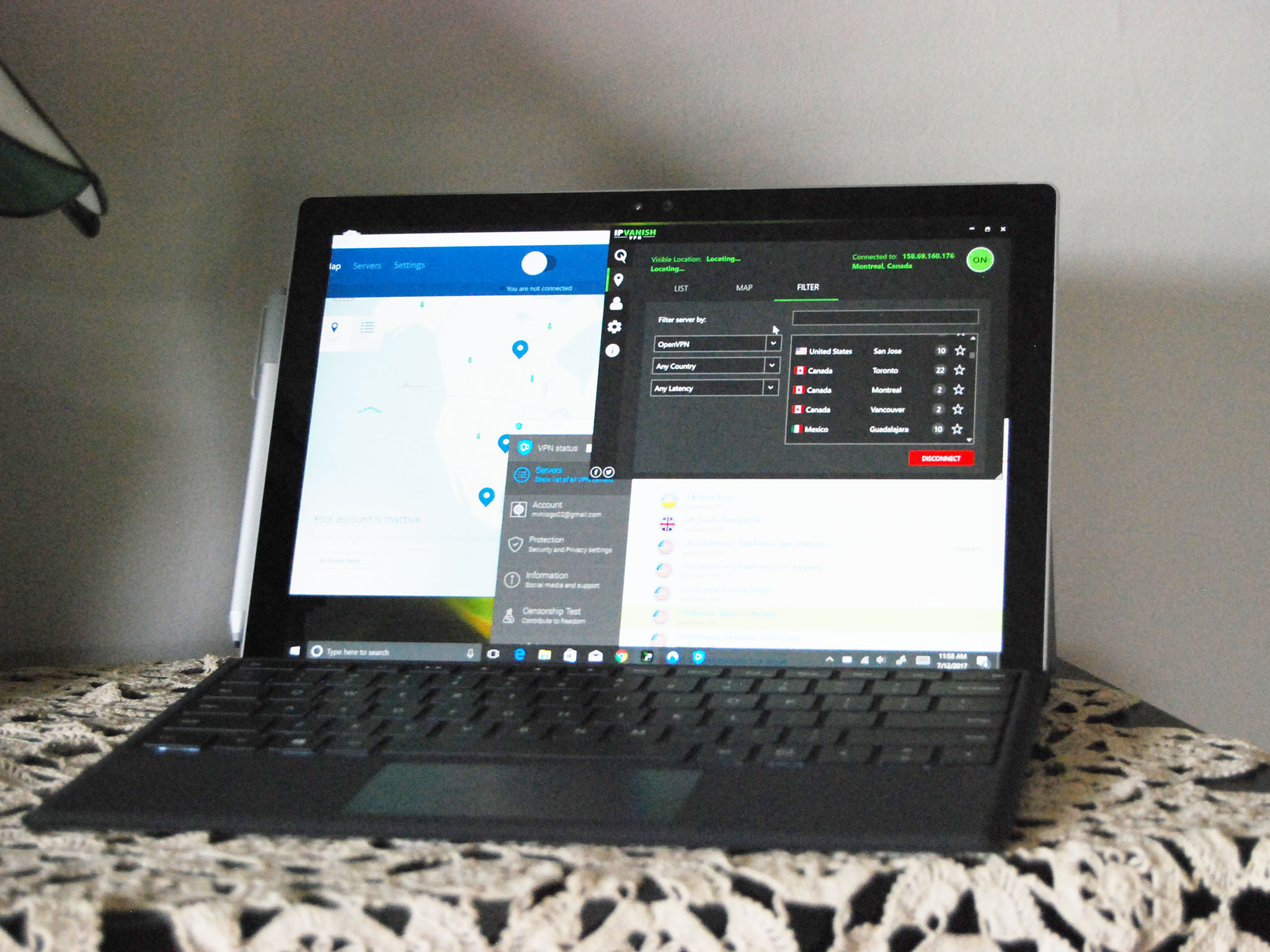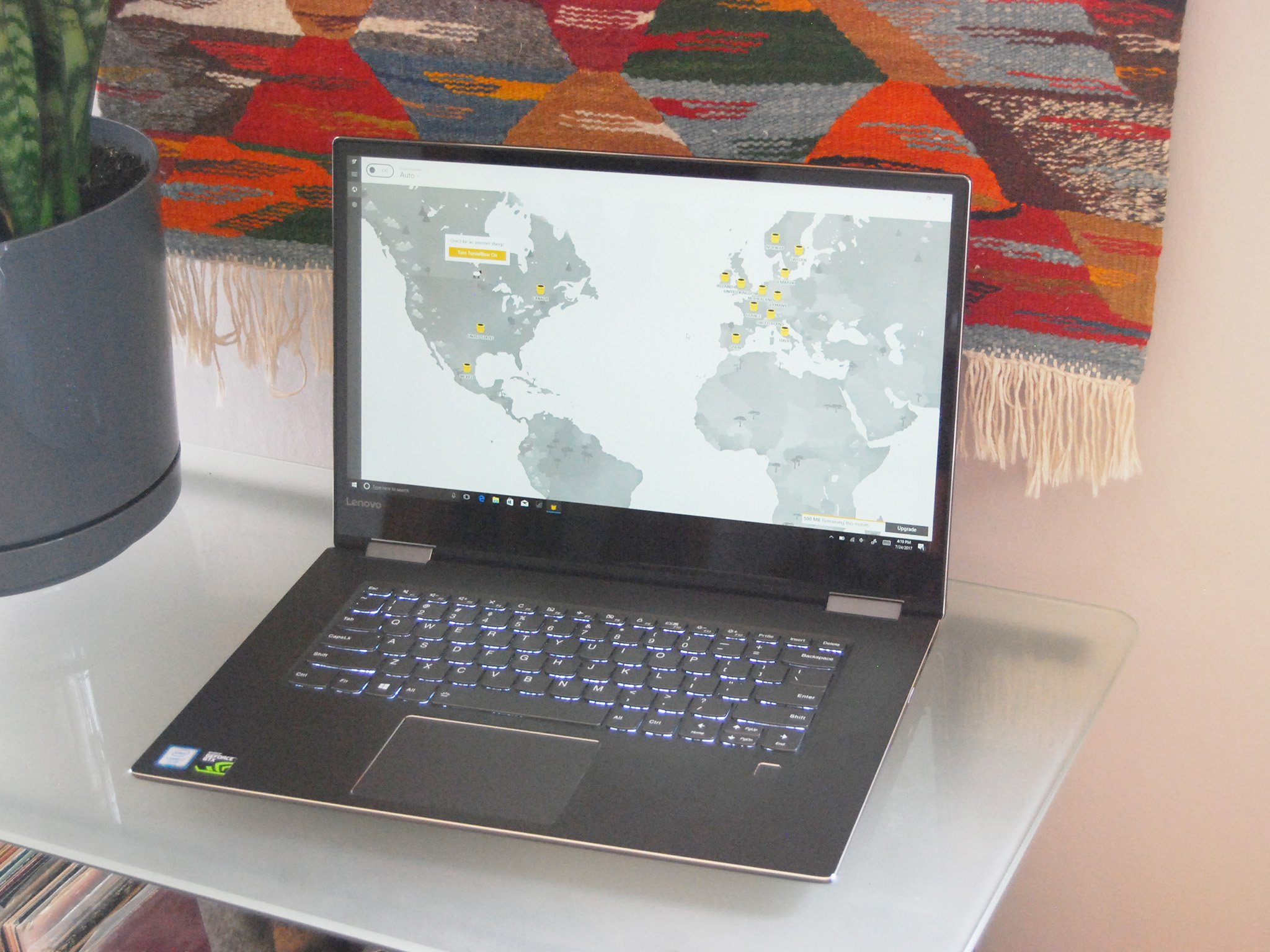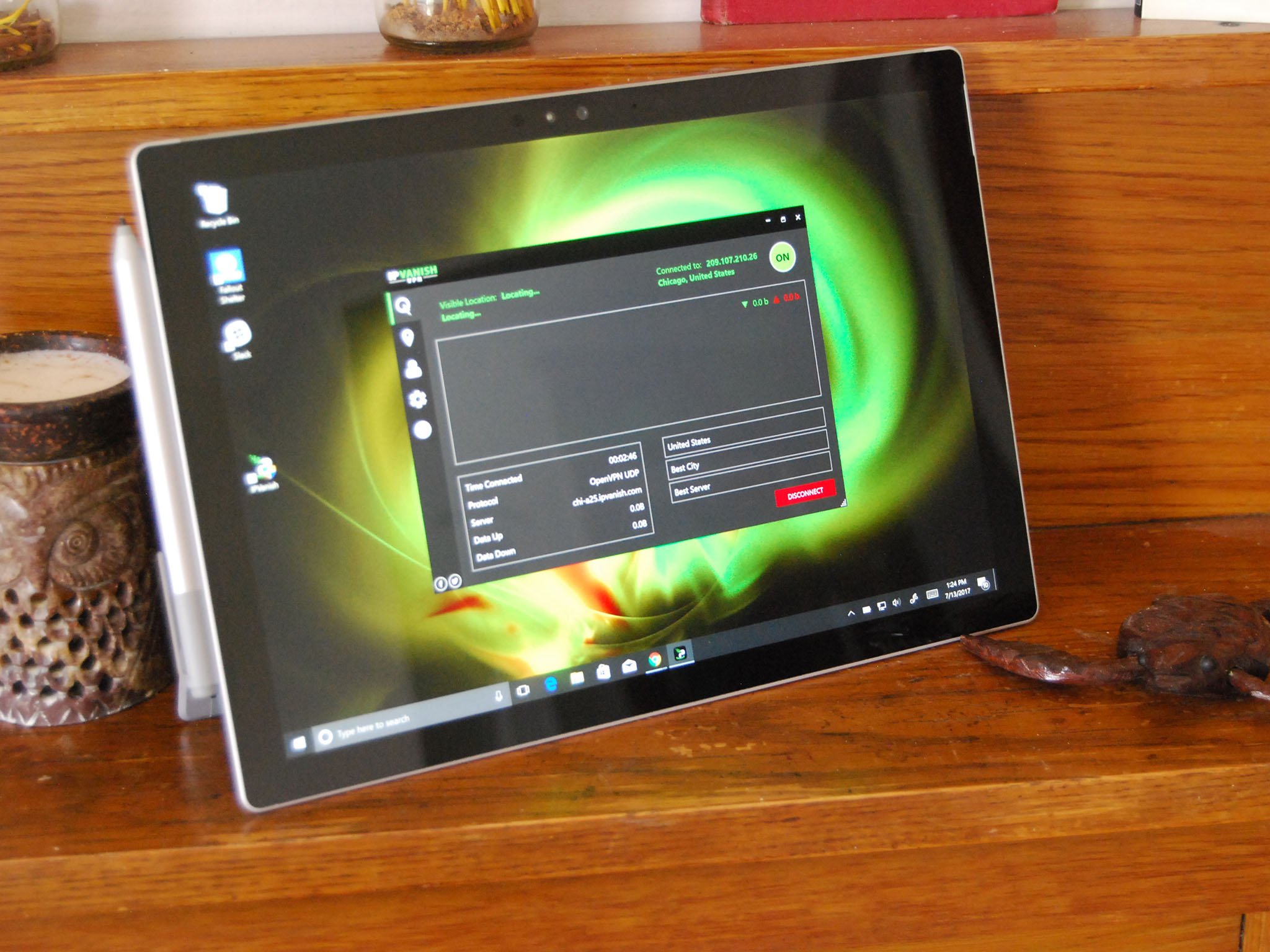6 common VPN myths — busted
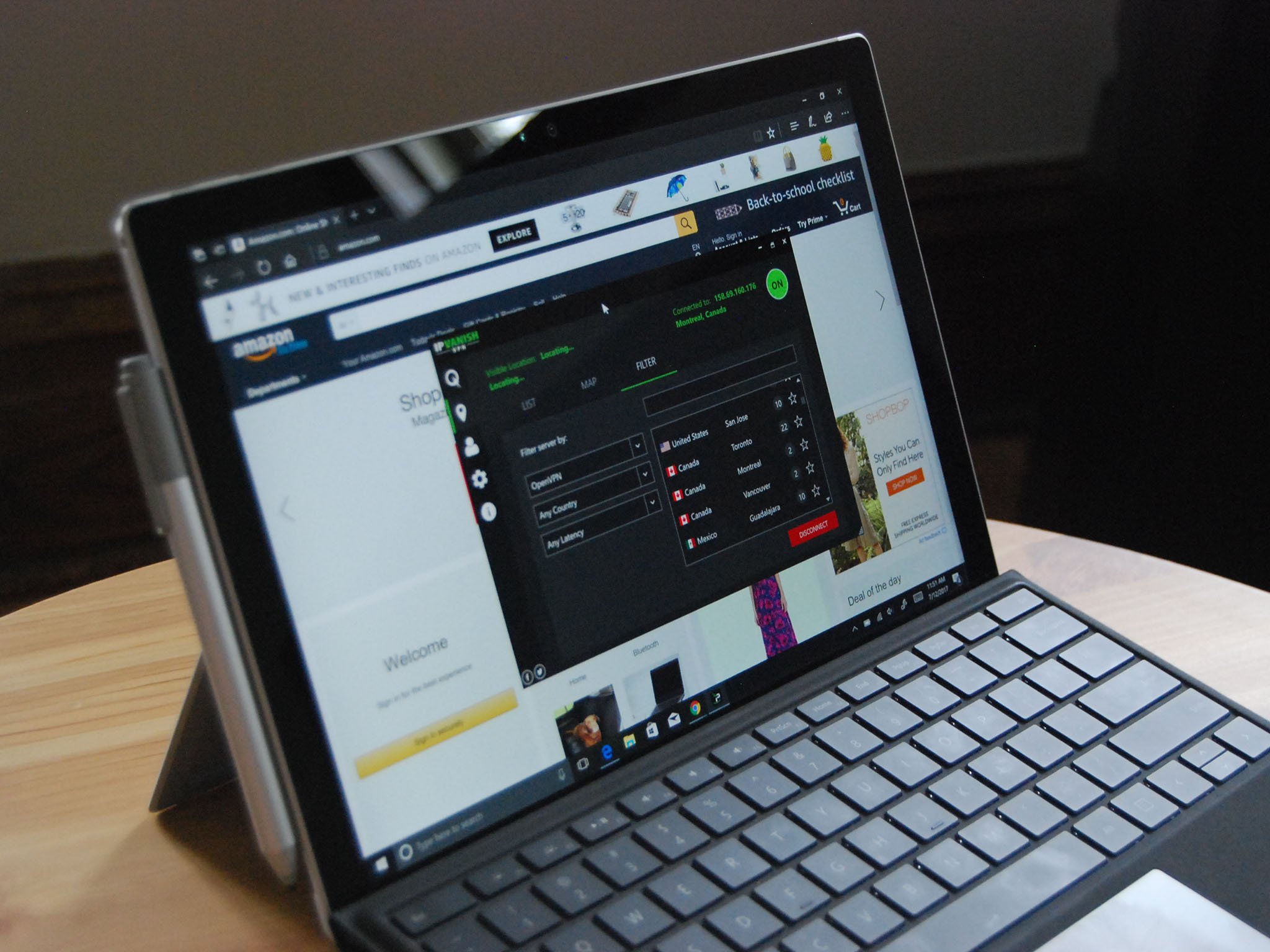
All the latest news, reviews, and guides for Windows and Xbox diehards.
You are now subscribed
Your newsletter sign-up was successful
VPN are useful tools that can help protect your online privacy, get around annoying geo-restrictions, and avoid bandwidth throttling. If you've been in the market for a VPN for awhile, you've no doubt heard a bit about them. Wondering what's true and what's false? Here are six myths about VPNs that are simply not true.
VPNs are only for people who know a lot about tech
Dealing with a VPN can no doubt seem daunting. An acronym is thrown your way and you're supposed to know what it stands for and how to set it up and what it can do for you.
But using a VPN these days really isn't that tough. Most VPNs have an intuitive app that takes care of pretty much everything. All that's left for you to do is click a big button to turn it on. Apps from the best providers, including NordVPN, IPVanish, and ExpressVPN, even connect you automatically to the fastest server available.
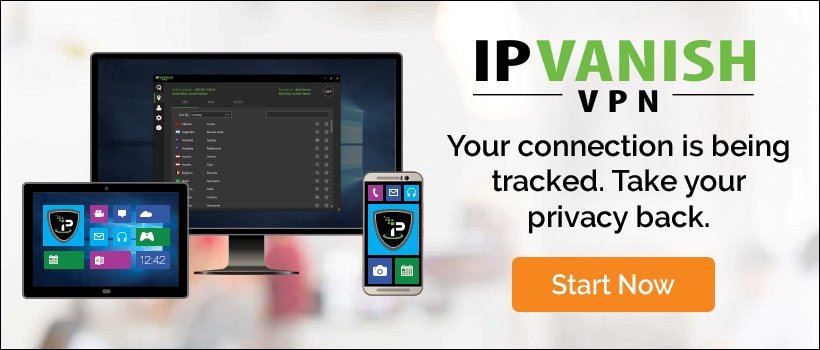
Advertisement
Whether or not you're tech-savvy is not really an issue anymore when it comes to VPNs. All you have to worry about is your privacy.
You don't need a VPN if you aren't doing anything illegal
Ahh, the classic, "I don't have anything to be worried about if I'm not doing anything illegal" angle. Would you like someone watching you while you read a newspaper? Would you like it if someone were paying attention to your everyday activities, keeping a file on you for future reference?
Nevermind the privacy aspects of a VPN, there are also plenty more legitimate uses that many people take advantage of on an everyday basis. Want to watch TV from a different country? No problem. Want to stop your ISP from throttling your bandwidth? That works too. Want to stop seeing so many targeted ads in your browser? No problem.
The reality of the current internet is that any way you can hold onto some privacy is invaluable, including the use of a VPN.
Free VPNs are just as good as paid VPNs
Why pay when you can get the same product for free? Not a bad question, especially when it comes to VPNs. The main objective of using a VPN is usually to retain a bit of privacy while online. Unless a "free" VPN is incredibly charitable, they're likely making money somehow; it costs a lot to maintain servers around the world. The easiest way to make money is to either inject ads or sell your information to interested buyers.

Advertisement
While paid VPN services should also be watched with a wary eye — even a claim of no logs usually means there are some logs kept — at least you know where they're getting their money from.
That's not to say there aren't some decent free VPN services out there. There are, except they're also usually a pared-down version of a paid service that is aimed at getting you to eventually sign up for the full ride.
You are completely anonymous when using a VPN
Privacy is not the same as anonymity. VPNs work by routing your data through an encrypted tunnel to a server that's shared amongst other customers. After passing through the server, that data hits the open internet. You remain partially anonymous thanks to a shared IP address, but, if a party takes enough interest in you, your actions will likely be uncovered.
There's a common misconception that hackers turn on a VPN and start working completely unafraid of being caught. That's not true. If an agency takes enough interest in your internet browsing history, they're going to find it. A VPN should be viewed as a tool to protect against mass surveillance and help protect your privacy.
VPNs slow down the speed of your internet
VPNs work by routing your internet traffic through special servers, so it's understandable that you'll often see a dip in performance. However, slower internet is not always a result. In my tests of NordVPN, I was able to hit a download speed of 34.63 Mbps. That might not be incredibly fast by today's standards, but it's also significantly higher than the 25 Mbps bandwidth cap that my ISP puts on my internet service.
If you take the time to find a high-performance server, there's no reason why you won't see speeds on par with or higher than you're paying for.
You don't need to worry about privacy as long as a VPN is highly rated
Taking a look at a VPN's website, you might think that each one is the best of all time. There are often awards and recommendations and stars plastered everywhere, with the promise to deliver an unbeatable experience.
There are, however, plenty of things to look out for when shopping for a VPN, including the privacy policy. Even if you see it written somewhere in big letters that it's a "no-log" VPN, be sure to read the fine print. There are often morsels of information kept depending on how you pay, how you sign up, and how you use the VPN.

Advertisement
Bottom line: Be vigilant when it comes to using a VPN, and you'll be much more satisfied in the long run.
More VPN resources
For more information about VPNs and privacy in general, be sure to check out the following links.
- Best VPN services
- Best free VPN services
- Best VPN Deals
- 8 important questions to ask when shopping for a VPN
- 6 good reasons why you really should use a VPN
- 5 major advantages of using a VPN
- 5 uses for a VPN you didn't know about
- What's the difference between a proxy and a VPN?
- How to manually configure a VPN on Windows 10
- How to manually configure a VPN on Windows 10 Mobile
We test and review VPN services in the context of legal recreational uses. For example:
1. Accessing a service from another country (subject to the terms and conditions of that service).
2. Protecting your online security and strengthening your online privacy when abroad.
We do not support or condone the illegal or malicious use of VPN services. Consuming pirated content that is paid-for is neither endorsed nor approved by Future Publishing.
All the latest news, reviews, and guides for Windows and Xbox diehards.

Cale Hunt brings to Windows Central more than nine years of experience writing about laptops, PCs, accessories, games, and beyond. If it runs Windows or in some way complements the hardware, there’s a good chance he knows about it, has written about it, or is already busy testing it.
